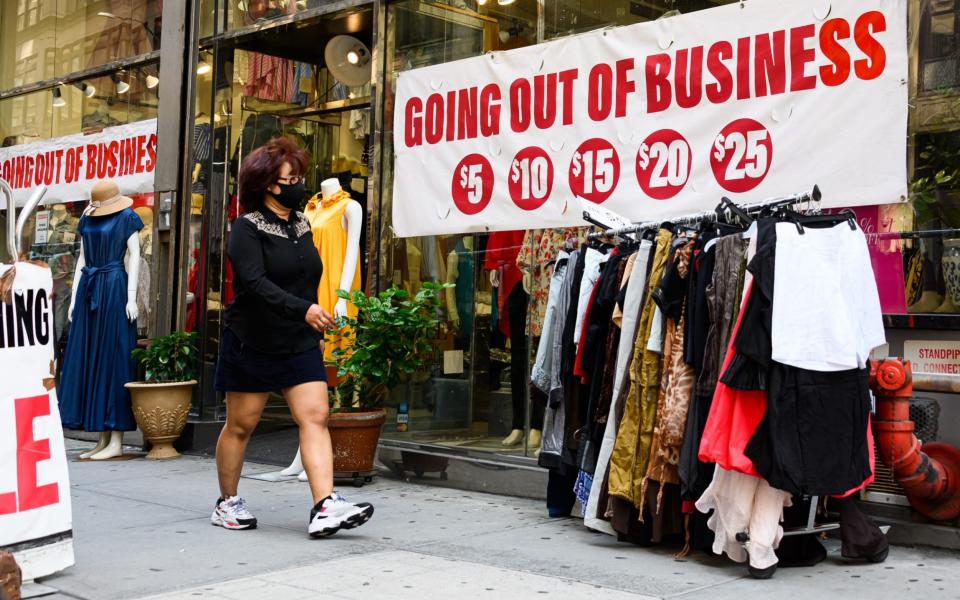New Jersey announces ‘millionaires' tax’ to help state deal with shortfalls caused by pandemic

New Jersey officials are set to bring in a new ‘millionaires tax’ on the wealthiest residents to help support the state’s finances after an economically crippling lockdown.
Governor Philip D. Murphy, a Democrat, announced he has struck a deal with the state legislature to increase the income tax rate on those earning more than $1m (£770,000) per year from 8.97 per cent to 10.75 per cent. The deal would also give a $500 rebate to households which earn less than $150,000 per year.
America's second richest state is the first to introduce such a rise tax in the wake of the pandemic.
“We do not hold any grudge at all against those who have been successful in life,” said Mr. Murphy, a former executive at the investment bank Goldman Sachs. “But in this unprecedented time, when so many middle-class families and others have sacrificed so much, now is the time to ensure that the wealthiest among us are also called to sacrifice. Literally, by the way, pennies on their top dollar earned is a modest ask.”
While New Jersey is one of the first American states to introduce a ‘millionaire’s tax’, there is a wider trend of state’s who are considering the option. According to the National Conference of State Legislatures, at least eight other states, including New York, California and Massachusetts, are thought to be mulling similar proposals.
This mirrors a pattern seen following the 2008 financial crisis, when ten states raised taxes between 2010 and 2012.
The tax is expected to raise $390m for the fiscal year, with 16,491 residents and 19,128 non-resident taxpayers being affected, according to state officials.
The $500 rebate will be available to 800,000 households in the state and is expected to cost $340m per year. It applies to families with at least one child where the combined income of a couple is less than $150,000. In a single-parent home, the threshold is $75,000.

Brandon McKoy, president of New Jersey Policy Perspective, a liberal-leaning research group, praised the proposal in a statement. He said it was fair and just to raise taxes on the rich, rather than to cut funding for services vital for low and middle income families.
“Calling on the state’s wealthiest residents to help fund New Jersey’s pandemic recovery is both smart and just policy, especially now during an economic downturn that has disproportionately harmed low-paid workers and communities of colour,” he said.
The pandemic has disproportionately affected communities of colour in New Jersey. The death rate among the African-American community stands at 249.7 per 100,000, 74 points higher than among white people.
A total of 16,057 New Jersey residents have died of Covid-19 to date, while more than 1.5m have filed for unemployment benefits.
The deal has been roundly and swiftly criticised by Republicans, who believe an increase in taxes will drive the wealthiest residents and businesses to move out of state.
A total of eight states have a 'millionaire's tax', including California, New York and Massachusetts.
Michael Testa, a Republican state senator, tweeted: “Gov. Murphy is looking to play Santa Claus with taxpayer money as he heads into his reelection next year. That’s why none of the benefits he's promising will be paid out until he’s in campaign mode next summer."
The tax is part of a $32.4bn spending plan which must be passed by October 1. New Jersey law states that the legislature must pass a balanced budget, not spending more than it receives.
Federal assistance does not look forthcoming, with Democrats in Congress insisting $2.2tn of aid is made available to local and state governments. Republicans and President Trump have dismissed this figure as too generous.


